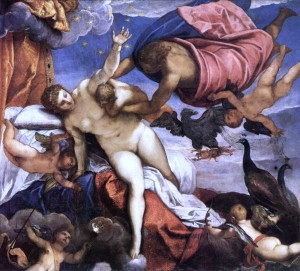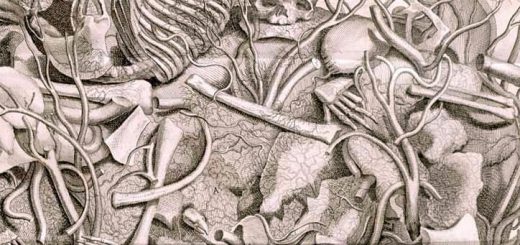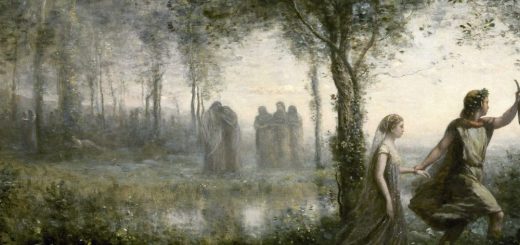The Graf
The room was of classical dimensions, with a rococo plaster frieze and a ceiling painted with what looked like a florid variation on ‘The Origin of the Milky Way’. The furniture, however, was all contemporary. Almost the whole of one wall was taken up with high double windows, many of them open to the summer twilight. The lighting was also modern; it came from masked strips along three of the walls.
They were craning their necks to make out the details of the ceiling when the Graf came in.
He said: ‘Good evening. I regret that I was delayed. What can I get you to drink?’
‘Sherry, please.’
‘And you, Mr, Herrin?’
‘Scotch, Herr Graf.’
The Graf went to a flat glass-fronted cabinet to get the drinks. He said: ‘My name is Albrecht. I hope you will be kind enough to use that rather than the title.’
Henry said, with some awkwardness: ‘Of course. My wife’s name is Cynthia and mine is Henry.’
‘I have been democratized,’ Albrecht said. ‘Not by official instruction – they did not think I was worth that – but by experience. I hope it does not embarrass you, being English, to be brought to such terms of intimacy?’
‘Not at all.’
‘It is ludicrous, you see, to be addressed as “Graf” in the second half of the twentieth century. It has no meaning, in Austria especially. Except, of course, to those Austrians who are foolish enough to cast their eyes backward to 1914.’









